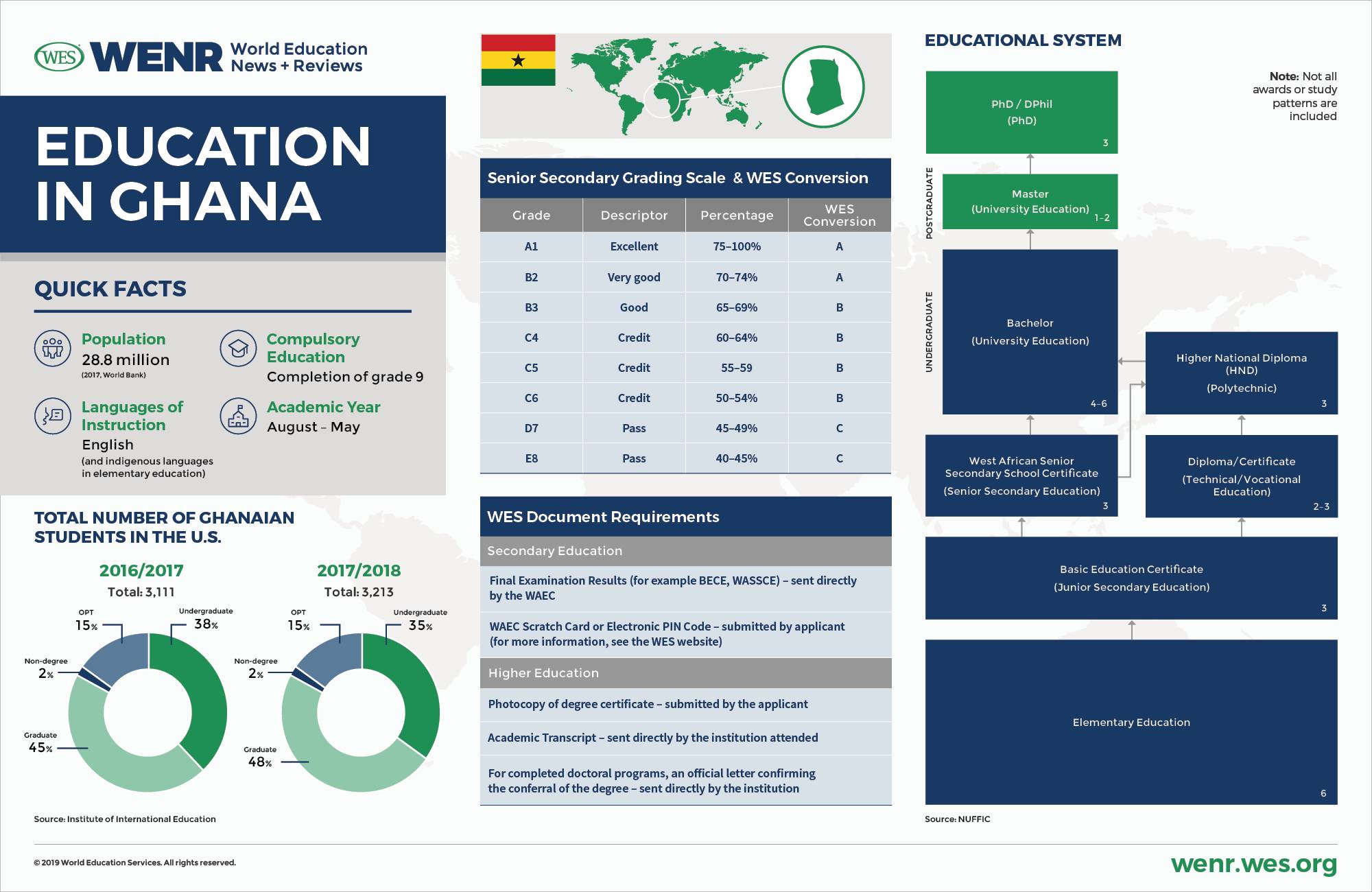Empowering Minds: A Look at Ghana's Education System
Introduction:
Education plays a vital role in shaping the future of a nation. In Ghana, the government has recognized the importance of education and has been committed to providing quality learning opportunities for its citizens. Ghana's education system is structured into primary, secondary, and tertiary levels, aimed at fostering a well-rounded and skilled workforce, while promoting inclusivity and accessibility for all.
Primary Education:
At the foundation of Ghana's education system lies primary education. It is compulsory and offers six years of basic education for children aged 6 to 11. The focus of primary education is to develop fundamental literacy, numeracy, and knowledge acquisition skills. By providing free primary education, the government is ensuring that every child has access to essential education, regardless of their socioeconomic background.
Secondary Education:
Following primary education, students enter the secondary level, which consists of Junior High School (JHS) and Senior High School (SHS). JHS spans three years and caters to students aged 12 to 14. Once students successfully complete JHS, they proceed to SHS, which encompasses another three years of education for students aged 15 to 17.
Ghana's secondary education system offers a diverse curriculum, including subjects such as mathematics, science, social studies, English, and vocational courses. This comprehensive approach equips students with both academic knowledge and practical skills, preparing them for further studies or entry into the workforce.
Tertiary Education:
Ghana's tertiary education system comprises universities, polytechnics, and specialized institutions. Admission into tertiary institutions requires completion of Senior High School education and passing the West African Senior School Certificate Examination (WASSCE) or other recognized qualifications. Tertiary education provides students with an opportunity to pursue higher education, obtain bachelor's degrees, diplomas, or professional certifications.
In recent years, Ghana has made significant strides in improving access to tertiary education. The government has expanded higher education institutions, increased scholarship opportunities, and encouraged research and innovation. This commitment to advancing tertiary education aims to develop a skilled workforce capable of driving economic growth and societal development.
Policies and Reforms:
The Ghanaian government has implemented various initiatives and programs to enhance the education system. Notably, the Free Senior High School (FSHS) policy has enabled more students to access secondary education without financial barriers. This policy has led to significant increases in enrollment rates and improved equity in educational opportunities.
Moreover, Ghana has undertaken an education reform agenda to transform its education system. The new curriculum emphasizes critical thinking, creativity, and skills development. The integration of technology into education has been actively promoted, enabling students to embrace digital literacy and prepare for the demands of the modern world.
Inclusive Education:
Ghana is committed to inclusive education, ensuring that students with disabilities have equal access to education. The government has implemented policies and programs to facilitate inclusive education, providing support and specialized services to cater to the diverse needs of students with disabilities. These initiatives aim to empower all learners, fostering a society that values and embraces diversity.
Conclusion:
The education system in Ghana strives to provide quality education that equips students with the skills and knowledge necessary for personal growth, economic empowerment, and societal development. From promoting primary education and making secondary education more accessible, to expanding tertiary opportunities and fostering inclusive learning environments, Ghana is committed to nurturing capable minds for a prosperous future.
Through continued investments, innovative policies, and collaboration with stakeholders, Ghana's education system is evolving to meet the changing needs of its citizens, preparing them to contribute meaningfully to a globally competitive world. Education remains a vital tool in empowering individuals and driving sustainable development, and Ghana is steadfast in its commitment to making quality education accessible to all.




No comments yet
Be the first to share your thoughts!